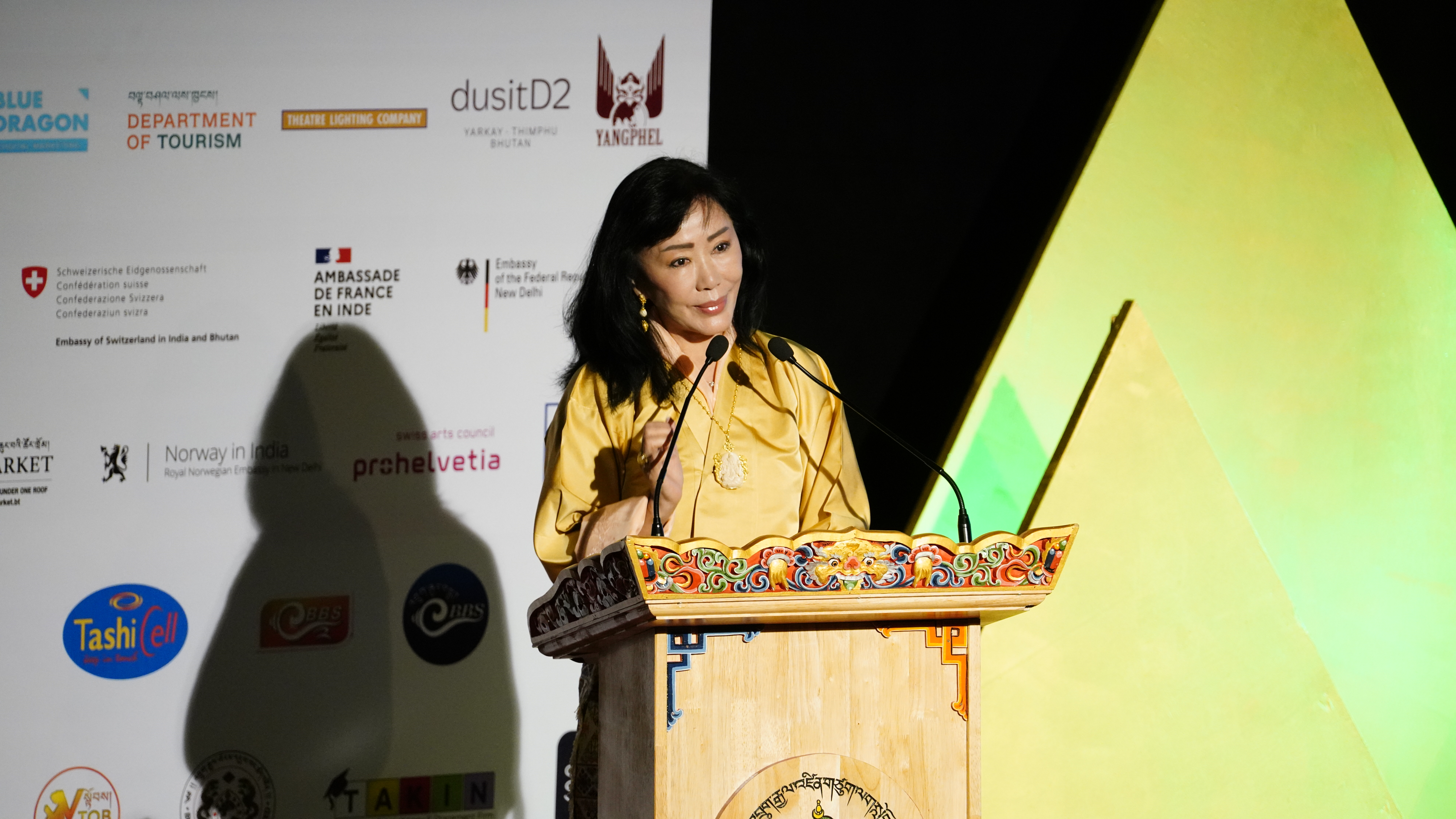Few vocations are deemed as callings. And teaching is one of them: the profession is supposed to be “respectable and dignified”. It is one of the most demanding professions a person can ever take up. Teachers mold the nation’s future and the impression that one teacher makes can inspire an entire generation of young children and adults.
Currently, Bhutan has 8,605 teachers in 539 schools. But the question that the education ministry and the country as a whole is facing is: are we making the teaching profession attractive enough so that despite its daunting challenges, we have the cream of the crop leading the future generations in educational institutes?
Or does the profession seem so insipid in comparison to others that all we are getting are those who are considering teaching as the last option? Thus, are we making our education system strong and stable? After all, if the foundation of this institution is stable, we will be guaranteed a continuous stream of leaders, thinkers, and talents?
The academic year 2016 has been declared the “Teacher Development Year” and a sum of Nu 117mn has been kept for professional development of teachers. It is a 1,300% increase compared to Nu 8mn budgeted last year. This bodes well for teachers and also shows that the the government has recognized the need to create a pool of strong and motivated educationists.
We hope that more trainings and programs will be facilitated with the funds, and lead to teachers who are creative, savvy and dedicated to their jobs.
We don’t want a stagnant team of teachers therefore skills and qualification enhancement programs including the occasional retreats are not too much to ask for.
Another aspect to education is, while we might get the right people to join teaching, retaining them would be a problem if the incentives especially in the form of salary, allowances and appreciation are not offered as well. Therefore it is also the duty of the the government and the society to offer teachers their due.
Most often, a simple boost of morale is what is needed to make teachers perform better and contribute more.
Considering that many teachers in Bhutan have to brave hardships such as working in remote regions, travel or walk long distances and work with little or no luxuries of lifestyle or teaching materials, it makes sense to encourage them as much as possible with monetary as well as mental and emotional incentives.
We need teachers who are passionate and driven – who feel that they have a responsibility as nation builders, not people who are happy to do a mediocre job as long as they take home a salary.
Therefore apart from the government’s duty to make the profession attractive, the attitude of would-be teachers should also be one of humble leadership and service combined.
These two elements combined would not fail to produce the finest breed of teachers who would swear by their calling.
The government is trying to rebuild the image of teaching profession in the country, which has taken a beating in recent times. It should only heighten its efforts further to draw up the profession from the rut it has fallen into.
RECOGNIZING teachers
- March 29, 2017
- 6:17 pm
- No Comments
Stay Connected
Latest News

Homage to the Visionary Behind Drukyul’s Literary Renaissance
April 23, 2024 No Comments
Government’s borrowing capacity enhanced
April 23, 2024 No Comments

Bhutan Leads in Sustainable Development Goals amid Global Delays
April 23, 2024 No Comments











